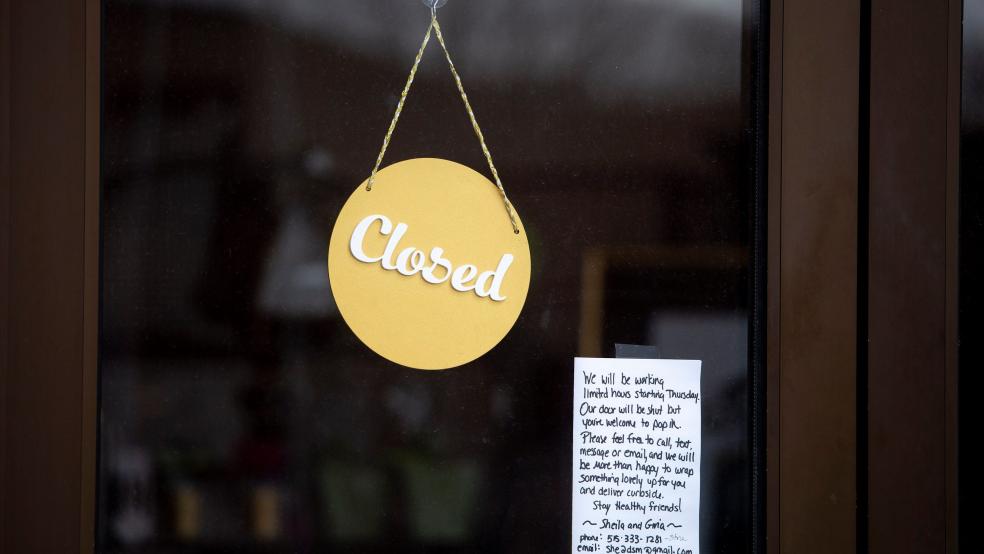As Washington teeters on the edge of chaos, the U.S. economy continues to send signals that it needs help, with more than 1 million people filing new jobless claims last week.
About 869,000 people filed for unemployment benefits in state programs last week, the Labor Department said Wednesday, while another 398,000 applied for Pandemic Unemployment Assistance, the temporary federal program that provides benefits for self-employed and gig workers – and that is scheduled to expire in a matter of days if the $900 billion relief package passed by Congress fails to become law.
The numbers show a modest decrease on a week-over-week basis but remain at exceptionally high levels. “The economy is still pretty soft,” Scott Brown, chief economist at Raymond James Financial, told Bloomberg. “The level of jobless claims suggests there’s still labor-market weakness.”
Incomes and spending drop: Total personal income fell by 1.1% in November, the Bureau of Economic Analysis announced Wednesday, marking the second month in a row with a decline. Spending fell, as well, with personal consumption expenditures decreasing by $63.3 billion, or 0.4%.
“The income and spending data was just the latest evidence that after rapid gains in the spring and summer, the recovery has stalled and could be going into reverse,” wrote Ben Casselman of The New York Times. Brown of Raymond James said the data shows “the pandemic’s impact on the season: There’s less seasonal shopping than usual, there’s less seasonal travel.”
Dione Swonk, chief economist at Grant Thornton, said the coronavirus is still calling the shots in the economy. “We are losing momentum at a critical time,” she told Bloomberg. “Consumer spending is pulling back or slowing down at a time when we should be ramping up, and that’s because of the surge in Covid cases.”




